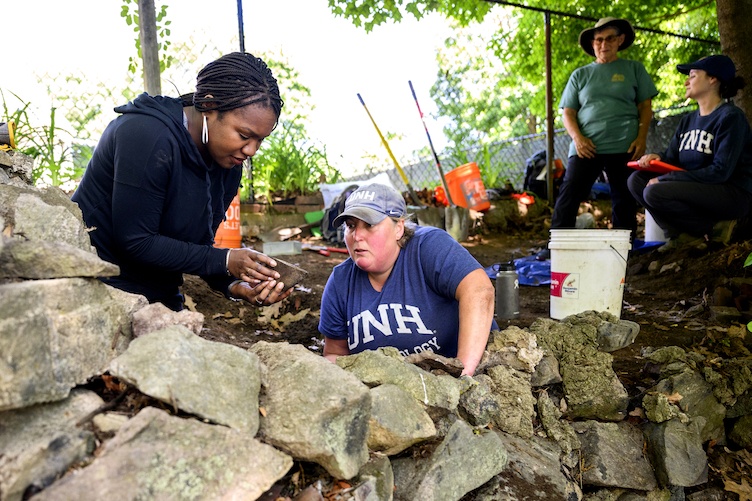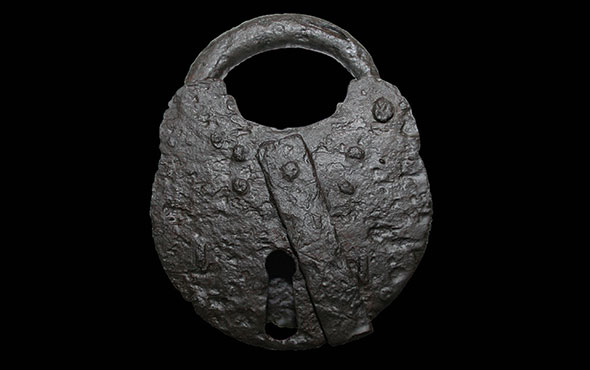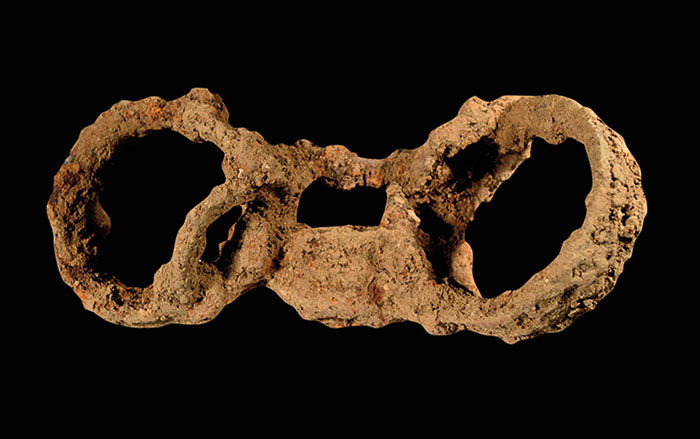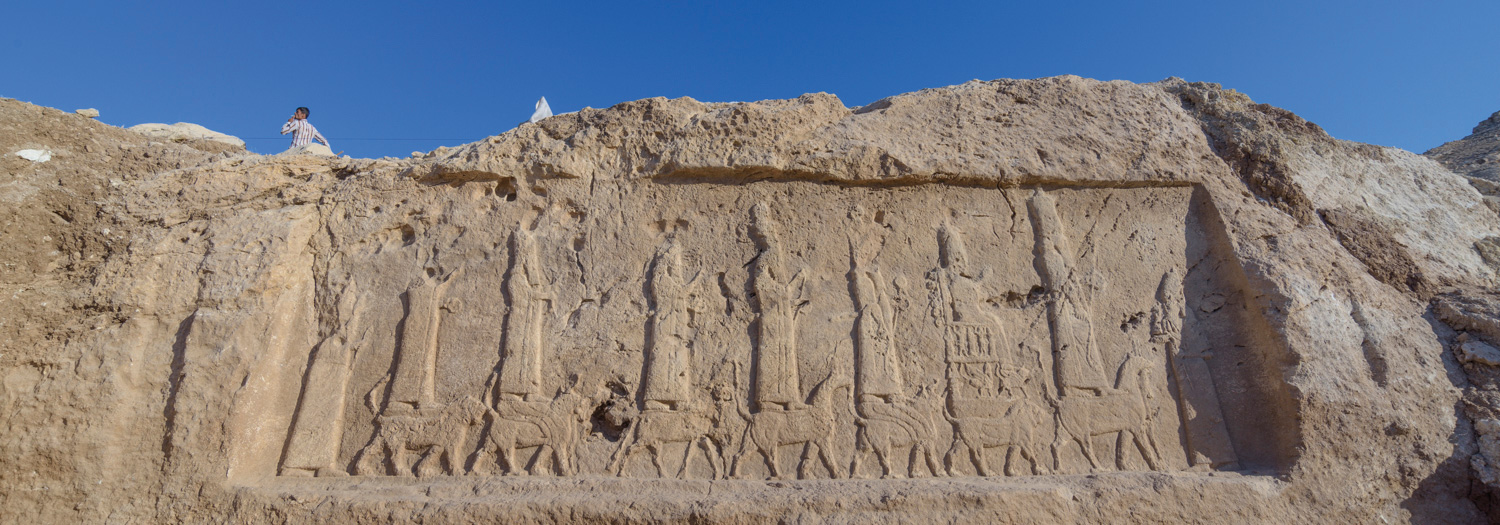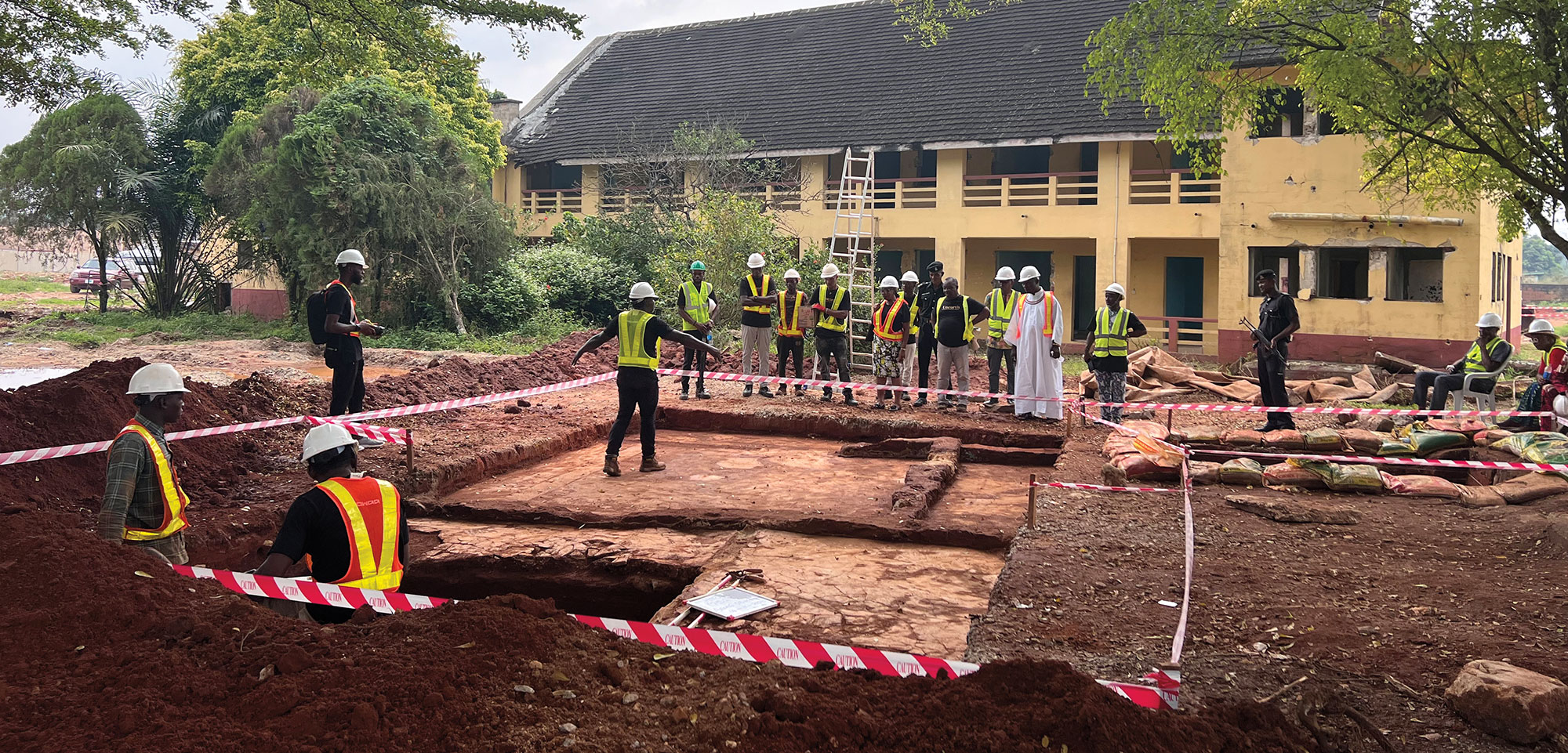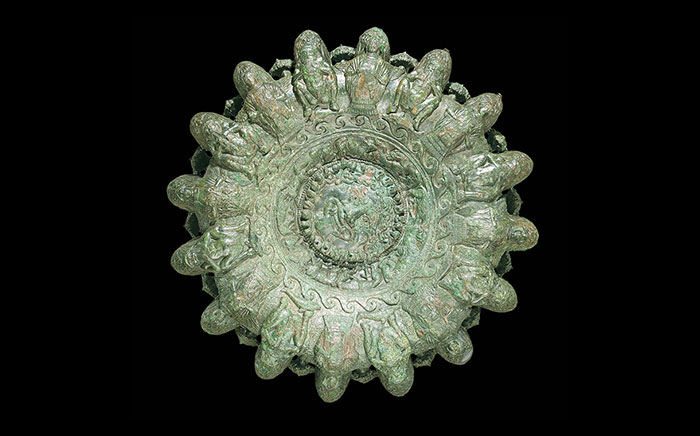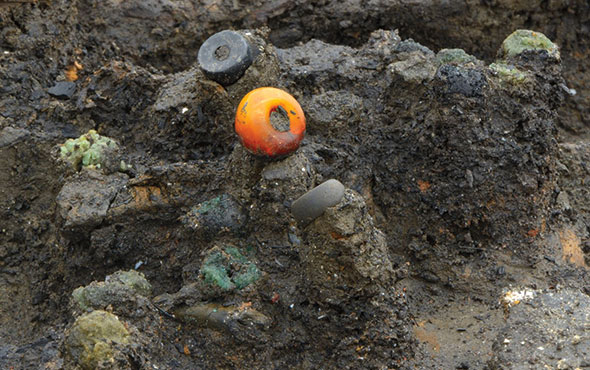BOSTON, MASSACHUSETTS—According to a Newsweek report, traces of a structure that may have been the eighteenth-century home of Pompey Mansfield, who was also known as “King Pompey,” were uncovered on the banks of the Saugus River in Massachusetts after a review of deeds, genealogical records, old maps, probate records, and newspapers by researchers from Northeastern University and the University of New Hampshire. Mansfield is thought to have been born in the early eighteenth century in West Africa, then enslaved and trafficked across the Atlantic Ocean. He was eventually freed in New England, where records show that he bought two acres of land in 1762 and constructed a stone house. The site of the home had been lost over time, however. Mansfield is known to have hosted hundreds of free and enslaved Black people at his home in an annual event known as “Black Election Day,” where he was elected to the title of “King,” and entrusted to handle important matters for the local Black community, nearly every year until his death. The structure discovered at the site matches the descriptions of Mansfield’s home found in the historical documentation. “The big find was the handmade pebble foundation without quarry rock,” said Meghan Howey of the University of New Hampshire. Large stones were usually purchased for foundations, but the use of river pebbles, she explained, indicates that this home had been built by a self-reliant person without access to a quarry. “And then [there is] the compelling match of the historical descriptions, the bend in the river, marshy meadow, oak trees [to consider],” she added. To read about the childhood home of the cofounder of the NAACP, go to "Off the Grid: W.E.B. Du Bois Boyhood Homesite, Great Barrington, Massachusetts."
